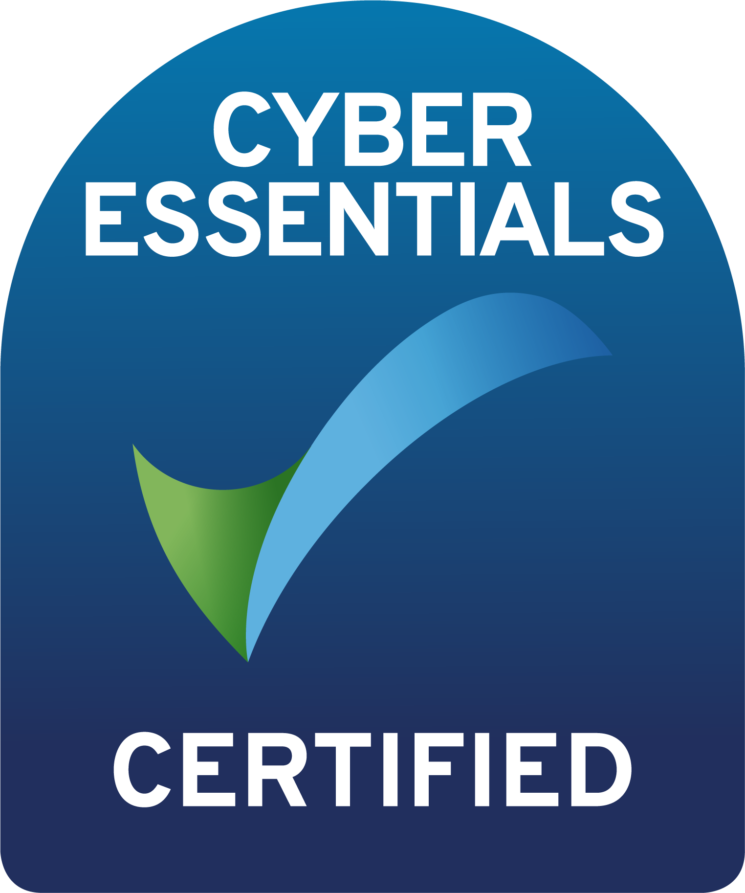It’s coming up to Infection Prevention Control Week (13th – 19th October). At MedResQ, we play an essential role in keeping patients safe from infection, especially during repatriation. Our medical case managers meticulously review every patient’s history and condition, ensuring infection prevention is at the forefront of our planning.
From deciding the right time for repatriation to continuous monitoring throughout the journey, our team prioritizes patient safety. Here’s how we manage infection risks during repatriation.
Knowing the patient
When considering repatriation, the key to infection prevention and control is to really understand the patient’s clinical history and current condition. Have they had an infection, and has it resolved, or are they more susceptible to infections? Are they recovering from a large operation, or do they have surgical wounds? At MedResQ, our medical case managers carefully review all medical data, liaise with treating clinicians, and, for commercial travel, complete a thorough assessment of the patient before planning a repatriation.
Deciding when to repatriate
As with all other aspects of repatriation planning, we aim to actively reduce patients’ risks, and one measure is being mindful of their infection prevention and control needs.
Our medical team will decide on the most appropriate type of repatriation and when to complete it. Can the patient travel alone, or do they need a medical escort? Is extra time required to monitor their condition, or is extra data needed to confirm stability?
The patient may need more time to complete treatment, such as antibiotics, so an infection has resolved by the time they fly. For other patients, it may mean having wounds reviewed and redressed before travel and for the patient to be provided with spare dressings. We may also request specific data to ensure a patient’s condition responds appropriately to treatment, such as repeat blood tests, wound reviews, or temperature assessments.
Some patients may be extremely immunocompromised, such as those with aggressive haematological cancers, and in whom an infection would not only be easy for them to contract but for whom it could have critical or fatal consequences. In such cases, an air ambulance may be needed to reduce the risk of transmission of pathogens by limiting their exposure to others. An air ambulance will only have 2 or 3 medical staff, whereas a commercial airport and aircraft will expose them to hundreds, if not thousands, of people. We work extremely closely with the treating doctors and the air ambulance teams to ensure that the patient is as optimised and stabilised as they can be before planning their transfer.
Pre-repatriation interventions
If patients are travelling alone, we monitor them closely, especially those who are either recovering from an infection or have obvious means of contracting an infection, such as those with a surgical wound. Our medical team will complete a final check-up of the patient prior to travel.
For patients requiring an escorted repatriation, the medical escort will complete a full and detailed patient assessment which includes assessing for signs of active or worsening infections, completing a haemodynamic assessment and physical assessment, assessments of any wounds or skin damage, and an assessment of data, such as blood test results. In addition, patients travelling with medical devices, such as intravenous devices, urinary catheters, and so on, will also be reviewed by the medical escort, and if there is a concern with its condition or age, they may request it to be re-sited before leaving the hospital.
Much of the same is done for air ambulance patients as for patients travelling with commercial medical escorts. However, it may be necessary to change more medical devices in a planned way and in the controlled environment of a hospital prior to commencing travel.
Repatriation Care
Patients travelling on commercial flights with medical escorts or those on air ambulance aircraft will have continuous medical supervision and monitoring, with careful attention placed on the patient’s haemodynamic stability, such as regular assessment of vital signs and temperature checks. The standard MedResQ medical kit for commercial flights includes PPE, alcohol gel, dressings, haemodynamic monitoring equipment, sterile equipment, and many other adjuncts to reduce the risk of infection transmission. Our medical escorts will deliver support in a dignified and competent manner for patients with higher care and support needs, promoting best practices about personal care and infection control.
For patients on air ambulance transfers, careful planning will have already taken place pre-mission, and the aircraft may carry antibiotics and other medicines in case of need.
Training and Support
MedResQ requires its medical escorts to complete training in infection prevention and control twice yearly, as well as other annual training on sepsis management and resuscitation. We carefully select our medical escorts and meticulously plan the repatriation missions, and the medical escort tasked with repatriation is provided with detailed medical data, with specific reference placed to any infection control concerns or implications.
For our air ambulance partners, we ensure that they are trained and accredited to international standards. We also work closely with their medical teams in preparing all missions to ensure that all risks are understood and all mitigations are in place.
Audit and Control
All escorted and air ambulance missions are evaluated on their completion, with careful attention placed on assessing the medical records from the flight so that we can understand the patient’s condition during transit and any necessary interventions provided.



